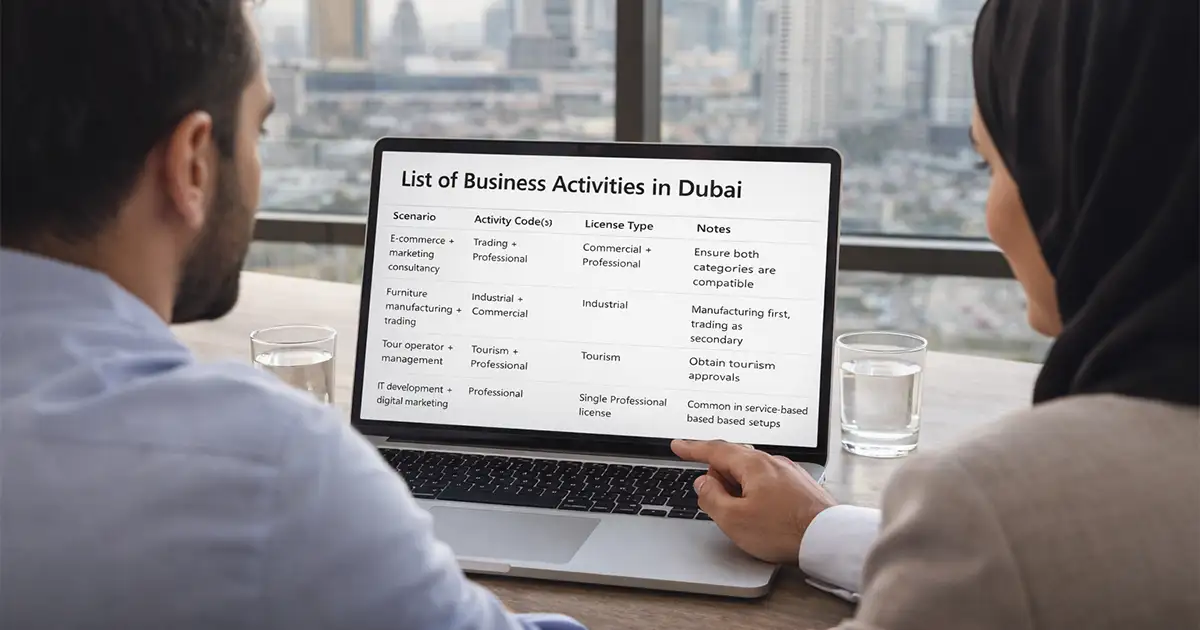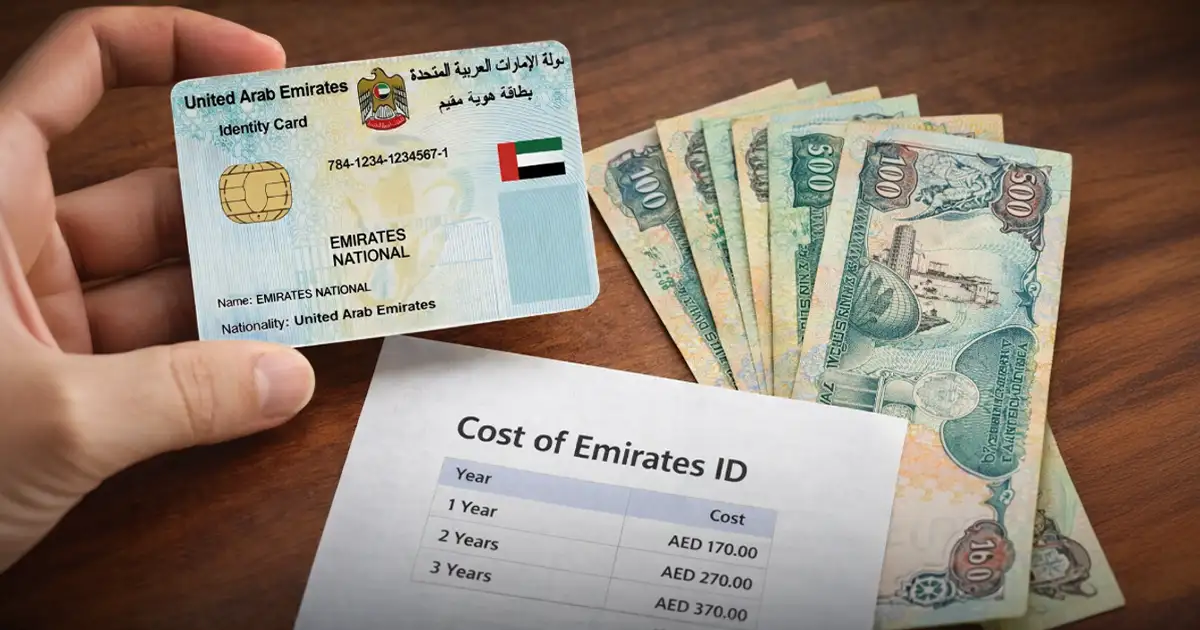Online Business Models You Can Launch in the UAE
The digital space in the UAE is vast, offering numerous models that cater to different skills and investment levels. Understanding these options is the first of many steps to start an online business in the UAE.
- E-commerce: This is the most popular model. It includes:
- Retail: Selling physical products through an online store.
- Dropshipping: Selling products without holding any inventory. The supplier ships directly to the customer.
- Direct-to-Consumer (D2C): Brands that manufacture and sell their own products directly to customers.
- Digital Services: This model leverages professional skills.
- Freelancing: Offering services like writing, graphic design, or programming.
- Consulting: Providing expert advice in areas like business strategy, marketing, or finance.
- Digital Agencies: Full-service agencies offering web development, SEO, or social media management.
- SaaS, Subscriptions, and Digital Products: This involves selling non-physical goods.
- Software as a Service (SaaS): Offering software on a subscription basis.
- Subscription Boxes: Curated physical products delivered to customers regularly.
- Digital Products: Selling e-books, online courses, or stock photography.
- Content Monetization: This model is built around creating and distributing valuable content.
- Influencer Marketing: Partnering with brands to promote products on social media.
- Media and Publishing: Running a blog, news portal, or YouTube channel monetized through ads or subscriptions.
- Education: Creating and selling online courses or tutorials.
- Hybrid Models: Many businesses combine models, such as a retail brand that also offers a subscription box. These models may have unique licensing implications.





